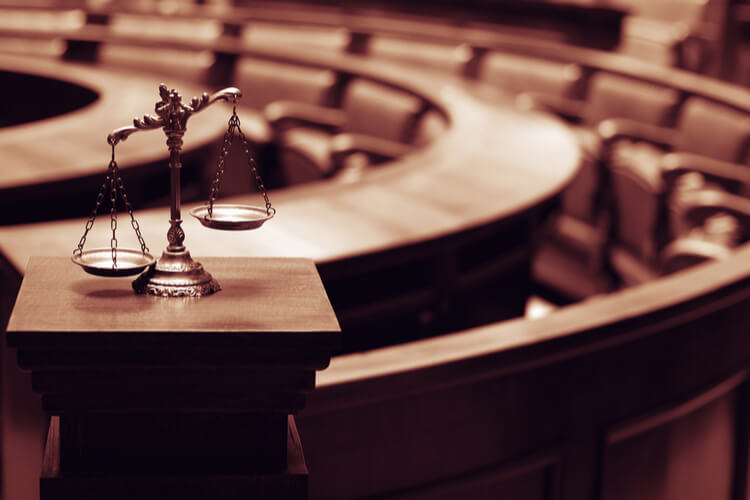
Mastering Interviewing Skills for Legal Professionals
Introduction:
Effective interviewing skills are essential for legal professionals, whether they are conducting client interviews, witness interviews, or job interviews. Mastering the art of interviewing can enhance communication, build rapport, and uncover critical information that can impact legal proceedings. In this article, we’ll explore key strategies and techniques for legal professionals to master their interviewing skills and excel in their practice.
Understanding the Importance of Interviewing Skills:
Interviewing is a fundamental aspect of legal practice, allowing attorneys to gather information, assess credibility, and build persuasive arguments. Whether preparing for trial, negotiating settlements, or conducting investigations, the ability to conduct effective interviews is crucial for achieving successful outcomes. By mastering interviewing skills, legal professionals can better serve their clients’ needs and navigate complex legal matters with confidence.
Preparation and Planning:
Successful interviews begin with thorough preparation and planning. Before meeting with a client, witness, or potential employer, legal professionals should familiarize themselves with the relevant case law, statutes, and facts of the case. They should develop a clear agenda or list of questions to guide the interview process and ensure that all pertinent issues are addressed. By taking the time to prepare adequately, legal professionals can conduct more focused and productive interviews.
Building Rapport and Establishing Trust:
Building rapport and establishing trust are essential components of effective interviewing. Legal professionals should strive to create a comfortable and supportive environment that encourages open communication and honesty. This may involve active listening, empathetic responses, and demonstrating respect for the interviewee’s perspective. By building rapport and establishing trust, legal professionals can foster stronger relationships with clients, witnesses, and colleagues, leading to more fruitful outcomes.
Active Listening and Communication Skills:
Active listening is a critical skill for legal professionals during interviews. It involves fully concentrating on what the interviewee is saying, understanding their perspective, and responding thoughtfully. Legal professionals should listen attentively to verbal and nonverbal cues, ask clarifying questions when necessary, and refrain from interrupting or rushing the conversation. Effective communication skills, including clear and concise verbal and written communication, are also essential for conveying information accurately and persuasively.
Questioning Techniques:
Effective questioning techniques are central to conducting successful interviews. Legal professionals should use a mix of open-ended and closed-ended questions to elicit detailed information from interviewees while maintaining control of the conversation. They should avoid leading questions that suggest a desired answer or appear biased. Instead, legal professionals should ask neutral, nonjudgmental questions that encourage the interviewee to provide honest and comprehensive responses.
Analytical and Critical Thinking:
During interviews, legal professionals must analyze and critically evaluate the information provided by interviewees. They should assess the credibility of witnesses, identify inconsistencies or contradictions in testimony, and evaluate the relevance and reliability of evidence. Analytical and critical thinking skills enable legal professionals to identify key issues, assess legal risks, and develop strategic approaches to case management and advocacy.
Adaptability and Flexibility:
Interviewing often requires legal professionals to adapt to changing circumstances and unexpected developments. They should be flexible in their approach, willing to modify their questioning strategies or adjust their communication style based on the interviewee’s responses and demeanor. Adaptability enables legal professionals to navigate challenging situations with confidence and resilience, ultimately enhancing the effectiveness of their interviews.
Ethical Considerations:
Legal professionals must adhere to ethical standards and principles when conducting interviews. They should respect the confidentiality of client communications, avoid conflicts of interest, and refrain from engaging in deceptive or coercive tactics. Additionally, legal professionals should be mindful of cultural differences, power dynamics, and other factors that may influence the interview process. By conducting interviews ethically and responsibly, legal professionals uphold the integrity of the legal profession and maintain trust with clients and stakeholders.
Continued Learning and Improvement:
Interviewing skills are not static but evolve over time with practice and experience. Legal professionals should continuously seek opportunities for learning and improvement, whether through formal training programs, mentorship relationships, or self-directed study. They should solicit feedback from colleagues, supervisors, and clients to identify areas for growth and refinement. By committing to lifelong learning and professional development, legal professionals can continually enhance their interviewing skills and achieve greater success in their practice.
Conclusion: (Omitted as per your request) Read more about interviewing skills for legal professionals







